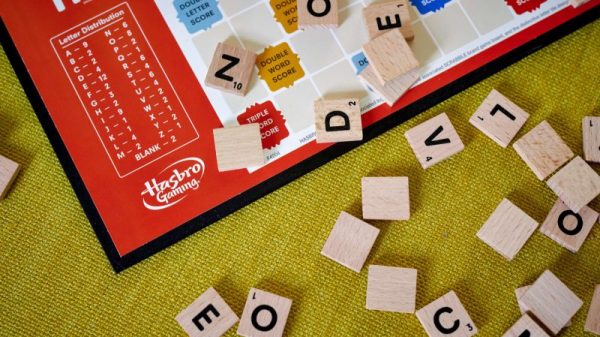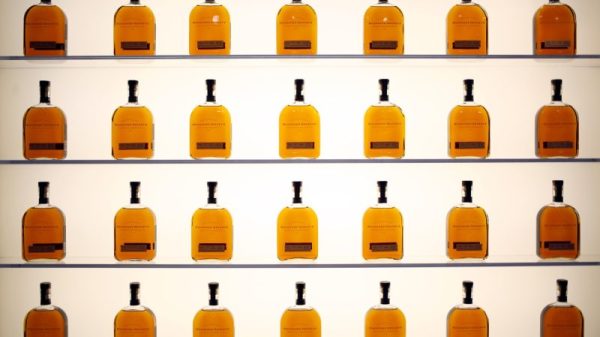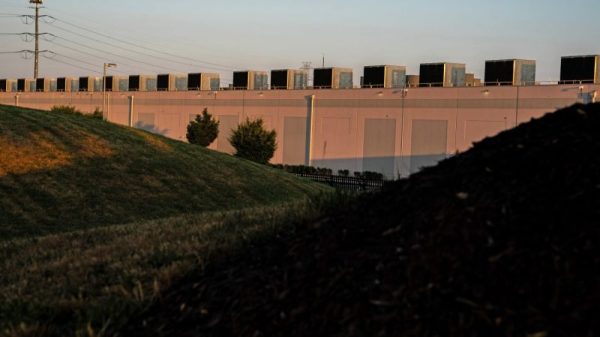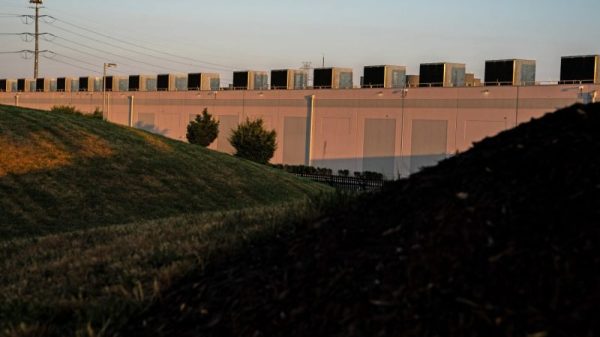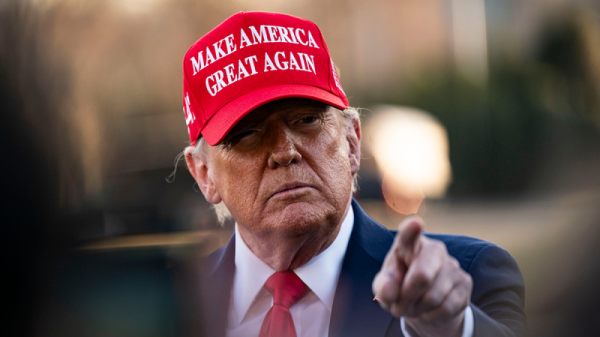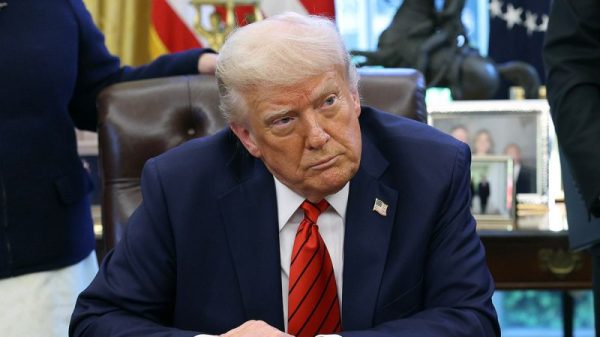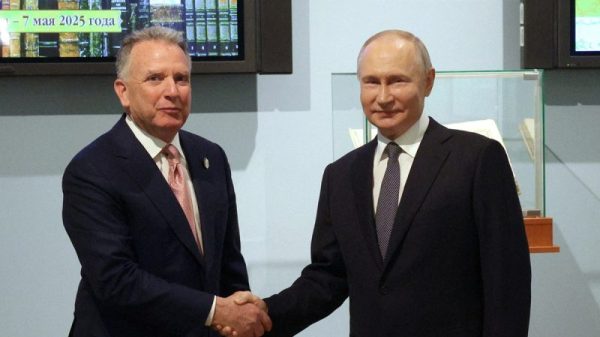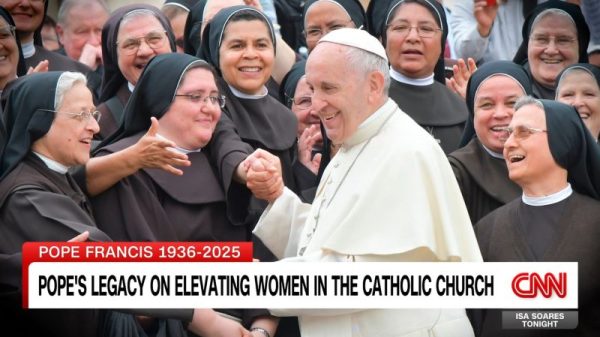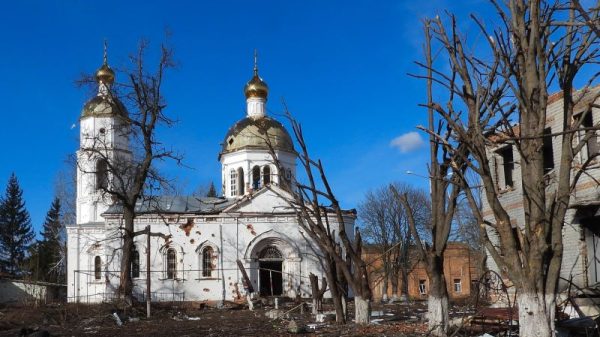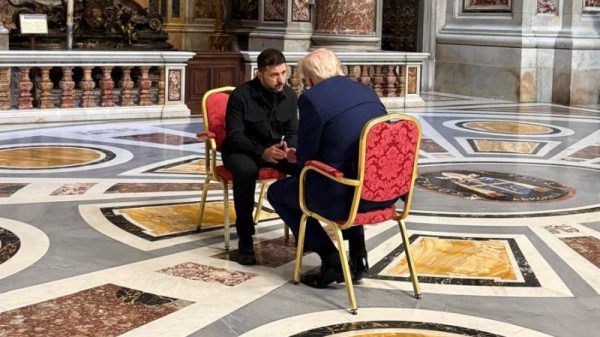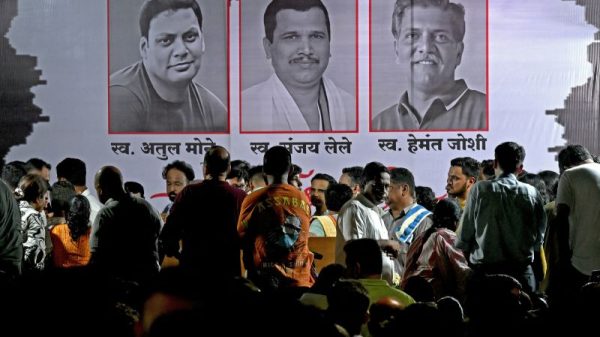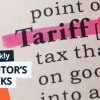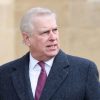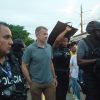Here is a look at the life of Aung San Suu Kyi, Burmese activist and Nobel Peace Prize winner.
Personal
Birth date: June 19, 1945
Birth place: Rangoon (Yangon), Burma (Myanmar)
Birth name: Aung San Suu Kyi
Father: Aung San, commander of the Burma Independence Army. Helped negotiate Burma’s independence from Britain. Assassinated on July 19, 1947.
Mother: Ma Khin Kyi, diplomat and later an ambassador to India.
Marriage: Michael Aris (January 1, 1972-March 27, 1999, his death)
Children: Kim (Burmese name: Htein Lin) and Alexander (Burmese name: Myint San Aung)
Education: St. Hughes College, Oxford University, B.A. in philosophy, politics and economics, 1967
Religion: Buddhist
Other Facts
Referred to as Daw Aung San Suu Kyi; “Daw” is an honorific title.
Grew up in Myanmar and India but moved to England in the 1960s.
Timeline
1964 – Moves to England to study at Oxford University.
1969-1971 – Works at the United Nations in New York as assistant secretary for the Advisory Committee on Administrative and Budgetary Questions.
1985-1986 – Is a visiting scholar at the Center for Southeast Asian Studies, Kyoto University, Japan.
1987 – Is a fellow at the Indian Institute of Advanced Studies in Simla, India.
April 1988 – Returns to Myanmar when her mother suffers a severe stroke.
August 26, 1988 – In her first public address, outside the Shwedagon Pagoda, calls for a multiparty democratic government.
September 24, 1988 – Co-founds the National League for Democracy (NLD), a party dedicated to nonviolence and civil disobedience, and is appointed general secretary.
July 20, 1989 – Is placed under house arrest for charges of trying to divide the military, charges she denies.
May 27, 1990 – Her party, the NLD, wins more than 80% of the legislative seats, but the State Law and Order Restoration Council does not recognize the election results.
July 10, 1991 – Wins the Sakharov human rights prize from the European Parliament.
October 14, 1991 – Wins the Nobel Peace Prize “for her non-violent struggle for democracy and human rights.”
July 10, 1995 – Is released from house arrest, but her political activity is restricted.
September 23, 2000 – Is again placed under house arrest.
December 6, 2000 – US President Bill Clinton awards the Presidential Medal of Freedom to Suu Kyi in absentia.
May 6, 2002 – Is released from house arrest.
May 30, 2003 – While traveling in Myanmar, her motorcade is attacked by a pro-government mob and she is held by the military. Later, she is placed under house arrest.
November 29, 2004 – Learns her house arrest has been extended for another year.
May 2006 – House arrest is extended for another year.
June 9, 2006 – US Assistant Secretary of State for Public Affairs Sean McCormack tells reporters that Suu Kyi has been hospitalized for an undisclosed ailment.
May 25, 2007 – The government extends her house arrest for another year.
May 6, 2008 – US President George W. Bush signs legislation awarding a Congressional Gold Medal to Suu Kyi.
May 27, 2008 – The government extends her house arrest for another year.
May 14, 2009 – Suu Kyi is arrested and charged with violating the terms of her house arrest. This is in response to an incident earlier in the month, when American John Yettaw swam uninvited to Suu Kyi’s lakeside house. If convicted she faces up to five years in prison.
May 18, 2009 – Suu Kyi’s trial on charges of government subversion begins.
August 11, 2009 – Suu Kyi is found guilty of violating the terms of her house arrest and sentenced to three years in prison with hard labor. The sentence is reduced to 18 additional months of home confinement.
May 7, 2010 – The NLD refuses to register for the election, thereby disqualifying itself as a political party, and officially dissolves.
November 13, 2010 – Suu Kyi is released from house arrest. She has spent 15 of the last 21 years under house arrest.
November 15, 2010 – Speaking to reporters at the headquarters of the NLD, Suu Kyi pledges to keep working toward restoring democracy and improving human rights in Myanmar.
January 28, 2011 – Suu Kyi’s recorded message, in which she stresses the need for Myanmar to reestablish ties with the rest of the world, is played at the World Economic Forum in Switzerland.
November 18, 2011 – Nyan Win, the spokesman for Suu Kyi’s National League for Democracy, says that Suu Kyi will participate in the next elections. The NLD announced earlier in the day that it planned to re-register as a political party and participate in all future parliamentary elections.
December 13, 2011 – The NLD is granted permission to register for future elections in Myanmar.
January 18, 2012 – Suu Kyi registers to run for a parliamentary seat.
April 1, 2012 – Wins a seat in parliament in Myanmar’s first multiparty elections since 1990.
May 2, 2012 – Along with 33 other newly elected members of her party, Suu Kyi takes the oath of office for parliament, resolving an impasse over the oath’s wording that had been preventing her from taking her seat in the legislature.
May 29, 2012 – Makes history by stepping on foreign soil for the first time in more than two decades when she arrives in Bangkok, Thailand.
June 1, 2012 – Suu Kyi speaks at the World Economic Forum on East Asia.
June 16, 2012 – Delivers her acceptance speech for her 1991 Nobel Peace Prize, in Oslo, Norway.
June 21, 2012 – Addresses both houses of the British parliament.
September 19, 2012 – Suu Kyi accepts the Congressional Gold Medal in Washington, DC. She later meets with US President Barack Obama.
November 19, 2012 – Meets with Obama at the lakeside villa where she spent years under house arrest. Obama praises Suu Kyi for her courage and determination during his visit to Myanmar, the first visit by a sitting US president.
March 10, 2013 – Wins reelection as opposition leader.
October 22, 2013 – Suu Kyi accepts the 1990 Sakharov Prize for Freedom of Thought in Strasbourg, France, originally awarded to her in 1991.
June 10, 2015 – During her first visit to China, meets with Chinese President Xi Jinping.
November 13, 2015 – Myanmar’s election commission announces that Suu Kyi’s NLD party has won a historic majority in the nation’s first freely held parliamentary elections. Suu Kyi is not able to become president because of a constitutional amendment that prohibits anyone with foreign relatives from becoming the nation’s leader.
April 5, 2016 – Suu Kyi is named state counselor, a role created especially for her. The post allows her to be in contact with ministries, departments, organizations, associations and individuals, and makes her accountable to parliament, according to Myanmar’s state media. While Suu Kyi is barred from holding the office of president, the new position is widely expected to allow her to rule by proxy.
September 14, 2016 – Suu Kyi meets with Obama at the White House for the first time since becoming the de facto leader of her country. As Suu Kyi arrives, Obama issues a statement saying he will reinstate Myanmar to the Generalized System of Preferences, which will help Myanmar with economic development, exportation of goods and job creation.
April 5, 2017 – Speaking to the BBC, Suu Kyi denies that ethnic cleansing has taken place against Myanmar’s Rohingya Muslim ethnic minority, amid reports of human rights abuses in Rakhine.
March 7, 2018 – The US Holocaust Museum announces it is rescinding the Elie Wiesel Award granted to Suu Kyi in 2012 because of her failure to intervene in the humanitarian crisis occurring in Myanmar’s Rakhine State.
November 13, 2018 – Amnesty International announces their decision to revoke the Ambassador of Conscience Award from Suu Kyi, which she received from them in 2009. Suu Kyi has had a string of awards and accolades revoked amid the Rohingya crisis.
December 2019 – Suu Kyi leads a legal team to the International Court of Justice in the Netherlands after the nation of Gambia filed a lawsuit in the world court alleging that Myanmar committed “genocidal acts” that “were intended to destroy the [country’s persecuted] Rohingya as a group” through mass murder, rape and destruction of communities.
January 23, 2020 – The UN’s top court orders Myanmar to prevent acts of genocide against the Rohingya and to stop destroying evidence.
November 13, 2020 – Suu Kyi’s NLD wins enough parliamentary seats to form the next government, according to official results of a general election.
February 1, 2021 – Myanmar’s military seizes power in a coup and declares a state of emergency after detaining Suu Kyi and other senior government leaders in early morning raids.
March 1, 2021 – Suu Kyi appears in court via video conference where she is charged with two more counts. One under Myanmar’s colonial-era penal code prohibiting publishing information that may “cause fear or alarm,” and another under a telecommunications law stipulating licenses for equipment, her lawyer said according to Reuters. This brings the total charges against her to four. In February, she was charged in relation to a national disaster law and a count under the country’s import and export act.
April 16, 2021 – Opponents of the military junta announce the creation of an interim national unity government, and name Suu Kyi as the de facto leader.
May 24, 2021 – Suu Kyi attends a court hearing, her first appearance in person since the military seized power on February 1.
June 14, 2021 – Suu Kyi’s trial begins. The trial addresses three charges, including that Suu Kyi, violated a communications law by allegedly importing and using a number of walkie-talkie radios, and violated coronavirus restrictions during election campaigning last year.
November 16, 2021 – Suu Kyi is charged with election fraud by Myanmar’s Union Election Commission.
December 6, 2021 – Suu Kyi is sentenced to four years in prison on charges of incitement and breaking Covid-19 rules. Her sentence is later reduced to two years.
April 27, 2022 – A court sentences Suu Kyi to five years in jail after finding her guilty in the first of 11 corruption cases against her, according to a source with knowledge of proceedings. The case centers on allegations that Suu Kyi accepted 11.4 kg (402 oz) of gold and cash payments totaling $600,000 from her protege-turned-accuser, former Yangon chief minister Phyo Min Thein. Suu Kyi has denied the charges and called the allegations “absurd.”
August 16, 2022 – State media reports that Suu Kyi has been sentenced to six more years in prison after being convicted on four extra counts of corruption.
September 2, 2022 – Is sentenced to three years in prison with hard labor on charges of electoral fraud. The latest verdict in the series of trials against the Nobel laureate takes her total jail term to 20 years. However, this is the first time Suu Kyi has been sentenced to hard labor since the country’s most recent military coup in 2021. She was given hard labor in a separate trial under a previous administration in 2009 but that sentence was commuted.
September 29, 2022 – A military court sentences Suu Kyi and her former adviser, Australian Sean Turnell, to three years in prison for violating the country’s Official State Secrets Act.
October 12, 2022 – Is sentenced to three additional years in jail for corruption.
December 30, 2022 – Is sentenced to seven years in prison for corruption, bringing an end to a string of secretive and highly-politicized proceedings. Suu Kyi’s total jail term is 33 years, including three years of hard labor. She has denied all of the charges levied against her, and her lawyers have said they are politically motivated.
August 1, 2023 – It is announced that Myanmar’s ruling military junta has pardoned Suu Kyi on five charges for which she was previously convicted. The five charges pardoned include offenses against defamation, natural disaster laws, export and import laws and the country’s telecommunication law. Suu Kyi’s jail sentence will be reduced by six years.






